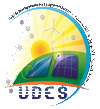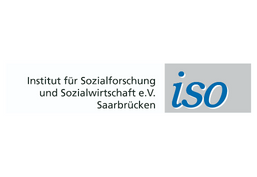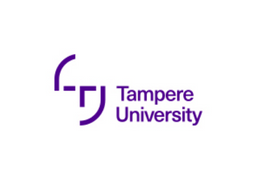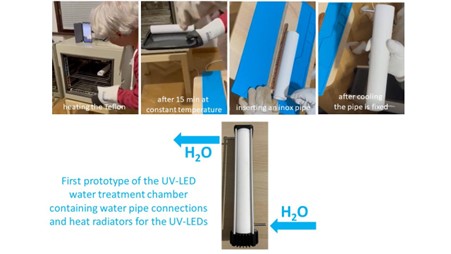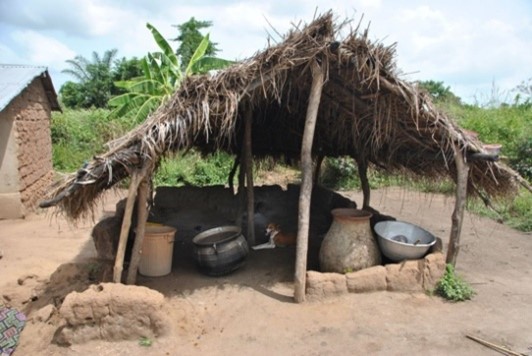LEDSOL makes progress in implementing the water disinfection unit, moving to laboratory testing
LEDSOL News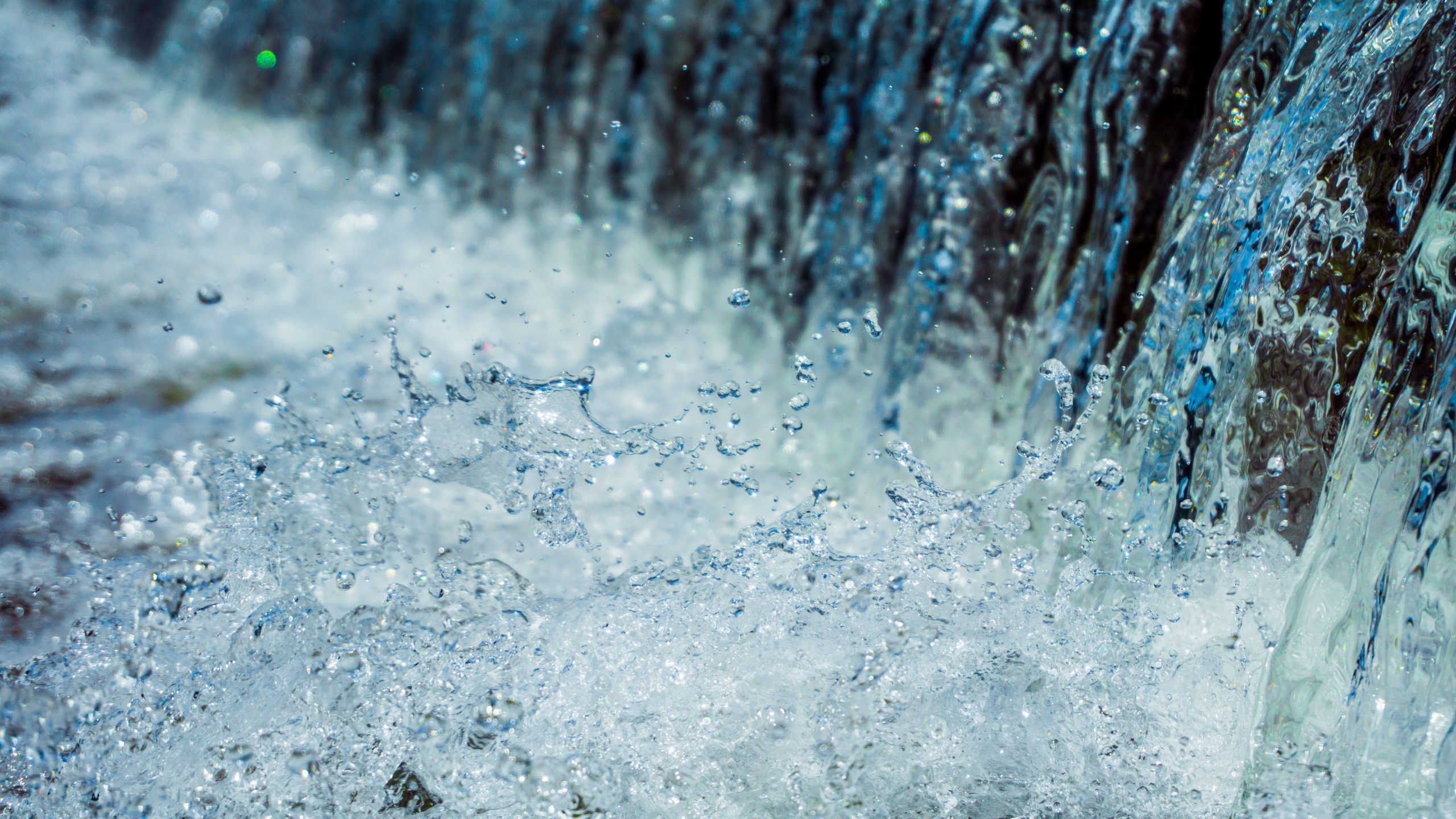
The LEDSOL project, as part of the LEAP-...
Continue →As part of the LEAP-RE Project Porfolio,...
Continue →The project has advanced the development...
Continue →Frederik Lucas and Kathrin Bierwirth, fr...
Continue →One of the 13 projects funded under the ...
Continue →
